A LEGAL OPINION ON THE NEED AND REQUIREMENT TO FILE SUSPICIOUS ACTIVITY REPORTS AND CURRENCY TRANSACTION REPORTS AT THE NIGERIAN FINANCIAL INTELLIGENCE UNIT.
Anastasia Edward
The national agency responsible to safeguard the Nigerian Financial System is the Nigerian Financial Intelligence Unit (NFIU). NFIU was established under sections 1(2) and 12 (2) of the Economic and Financial Crime Commission Act. It is an autonomous unit domicile within the central bank of Nigeria to provide credible financial intelligence against money laundering, terrorism financing and related crimes. Under the Anti-Money Laundering/Combating the Financing of Terrorism legal framework (2011), financial and designated non-financial institutions are required to file a Currency Transaction Report (Section (2) Money Laundering Prohibition Act (MLPA) 2011), a Suspicious Transaction Report (Section (6) MLPA 2011) and Suspicious Report on Financing Of terrorism (Section (14) MLPA 2011.)
A suspicious activity report is an instrument used to enable the NFIU investigate financial crimes while a currency transaction report is a report of all currency transactions sent to regulators.
A suspicious activity report is a document that financial institutions and the designated non-financial institutions must file with the NFIU whenever there is a suspected case of money laundering to help monitor any illegal activities within the finance sector. While a Currency transaction report (CTR) is a report filed with the NFIU to report cash transactions of over 5,000,000 (five million Naira) for individuals and 10,000,000 for corporate bodies in compliance with section 10(1) of the MLPA 2011 for all financial institutions.
The EFCC released a framework; “Guidance to reporting institutions on preparing a complete suspicious transaction/activity report and filling electronically to Nigerian Financial intelligence unit 2014”. This framework, states that financial institutions and designated non-financial institutions also known as reporting entities are required to file a complete and sufficient SAR.
The need to file a SAR arises when suspicious activities and violations of law are observed by any financial institution subject to the provision of the money laundry prohibited act 2011 (as amended) and other regulations.
NFIU only allows for the chief operating officer and the Money laundering Reporting Officer of a financial institution to register on its website. In the process of filing a SAR, quality information is essential for effective execution of the SAR. The reporting entity will provide
reasons why the activity is suspicious and all information relating to the suspect. The term “suspect” is used to refer to a person conducting a suspicious activity. A description of the nature of the business and details of why the activity seems unusual for the customer. SAR assists NFIU in identifying trends and patterns relating to financial crimes.
It’s required that a suspicious activity be reported once it is first noticed. The report should contain when, where and by whom it was conducted and why the activity is unusual. If a foreign jurisdiction is involved, the name, financial institution, address and account numbers involved should be specified. The method of operation of the unusual activity should be described in an accurate and concise manner. Also, inbound and outbound transfers are to be included in the SAR narrative. The structure of a SAR narrative remains the same for all sectors, despite institutions performing different types of transactions
The list of instruments used to facilitate a suspicious transaction covers both paper and electronic transaction instruments. some common patterns of suspicious activity include lack of legitimate business activity and unusual transactions.
Suspicious activity reports are filed electronically using either a WEB report or extensive markup language (XML) upload. The WEB reports involve filling the SAR form while the XML upload gives an interface. SAR can also be filed via the WEB Report portal which eases the reporting process and the analysis of financial disclosure.
The NIFU conducts an internal investigation immediately all applicable information is
gathered, analyzed and documented and filed. NIFU is responsible for the analysis of SAR and CTR and is required to give feedback to reporting institutions on all SARs received, analyzed and disseminated to various Law enforcement agencies.
SAR filed with NIFU are required to be handled confidentially by the reporting entities. It is necessary for general transparency to exist between reporting entities, regulators and NIFU.
SAR helps to build and ensure public confidence in financial institutions. any reporting institution that fails to follow the guidelines of filing a SAR will be appropriately sanctioned either criminally or administratively by their respective regulators and it will be published in the audited financial report of the entity. A SAR file that isn’t in conformity is rejected and not considered filed. Reporting entities are to render other regulatory returns as contained in AML/CFT regulations.
All types of currency transactions are subject to reporting and all currency transactions must be reported and no person is exempted.
Transactions throughout the financial institution should be aggregated when determining multiple transactions. Multiple cash transactions totaling more than 5,000,000 or 10,000,000 and above for individual or corporate bodies respectively during one business day are treated as a single transaction if the financial institution is aware they are by the same person.
An adequate system for accumulating correct data should exist in reporting entities. A CTR must contain the customer information file number or tax identification number, the date, amount, account number of each transaction and the teller and bank branch. A CTR is rendered to the NIFU within 7 days after the date of the transaction. The financial institution must retain the copies for five (5) years from the date of the report. If a financial institution fails to file CTR on reportable transactions, the institution is required to file the un-filed CTRs Immediately. Currency Transactions should be appropriately filed subject to the CBN AML/CFT Regulations 2009.
SARs and CTRs provide law enforcement agencies access to financial information.it gives financial links to tracking criminal activities.
Requirement for Suspicious Activity Reports & Currency Transaction Reports. Requirement for Suspicious Activity Reports & Currency Transaction Reports
****************************************************************************************
This free legal awareness project of Sabi Law Foundation is funded by the law firm of Bezaleel Chambers International (www.BezaleelChambers.com)
You can support this project and other law awareness programs by donating to Sabi Law Foundation via this link; https://dashboard.flutterwave.com/donate/k0gqpg9rnccq or https://sabilaw.org/donate/
DISCLAIMER:
This publication is not a piece of legal advice. The opinion expressed in this publication is that of the author(s) and not necessarily the opinion of Sabi Law Foundation, its staff and partners.
FREE PUBLICATION (Get Published):
You too can publish your law articles for free on our website (www.LearnNigerianLaws.com) and enjoy increased visibility and readership on all our social media handles. No fess, no charges, no conditions and no submission guidelines are required. Just send your article and picture to our email (lawarticles@learnnigerianlaws.com). We want your voice to be heard, as we all increase legal awareness, together! It pays to Sabi Law (understand law)! #SabiLaw
TRAINING & LECTURES
Book us to speak/train you or your group on rights and laws. Reach us via sponsorship@learnnigerianlaws.com or our hotline!
KEEP IN TOUCH:
Get updates on all the free legal awareness projects of Sabi Law Foundation (#SabiLaw) and its partners, via:
Facebook Page: @LearnNigerianLaws
Instagram: @LearnNigerianLaws
Twitter: @LearnNigeriaLaw
YouTube: Learn Nigerian Laws
WhatsApp Groups via: (https://chat.whatsapp.com/DJZ30OYwP23IVM8HjS4pJs),
WhatsApp Chat via: (+234 903 913 1200)
Telegram Group: (https://t.me/LearnNigerianLaws),
Facebook group: (https://www.facebook.com/groups/129824937650907/?ref=share)
or visit our project Website: (www.LearnNigerianLaws.com)
ABOUT US & OUR PARTNERS:
This publication is the initiative of the Sabi Law (www.SabiLaw.org) {A Free Law Awareness Program of Sabi Law Foundation, supported by the law firm of Bezaleel Chambers International (www.BezaleelChambers.com)} Sabi Law Foundation is a Not-For-Profit and Non-Governmental Legal Awareness Organization based in Nigeria. It is the first of its kind and has been promoting free legal awareness since 2010.
DONATION & SPONSORSHIP:
As a registered not-for-profit and non-governmental organisation, Sabi Law Foundation relies on donations and sponsorships to promote free legal awareness across Nigeria and the world. With a vast followership across the globe, your donation will assist us increasing legal awareness, improving access to justice, and reducing common legal disputes in Nigeria. Make your donations to us via :https://dashboard.flutterwave.com/donate/k0gqpg9rnccq or contact us for sponsorship and partnership, via: sponsorship@learnnigerianlaws.com, sabilaw.ng@gmail.com or +234 903 913 1200.
***********************************************************************************












































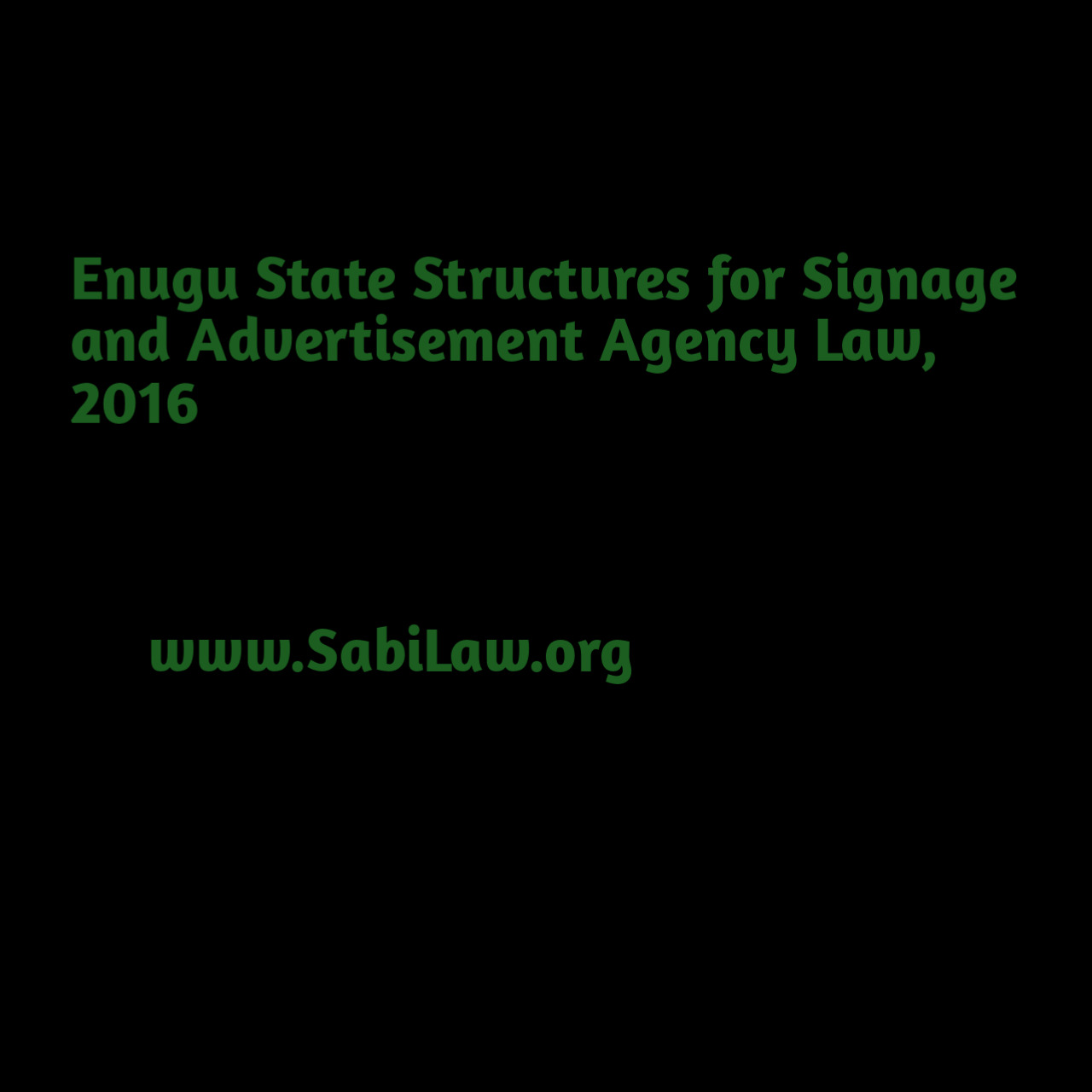

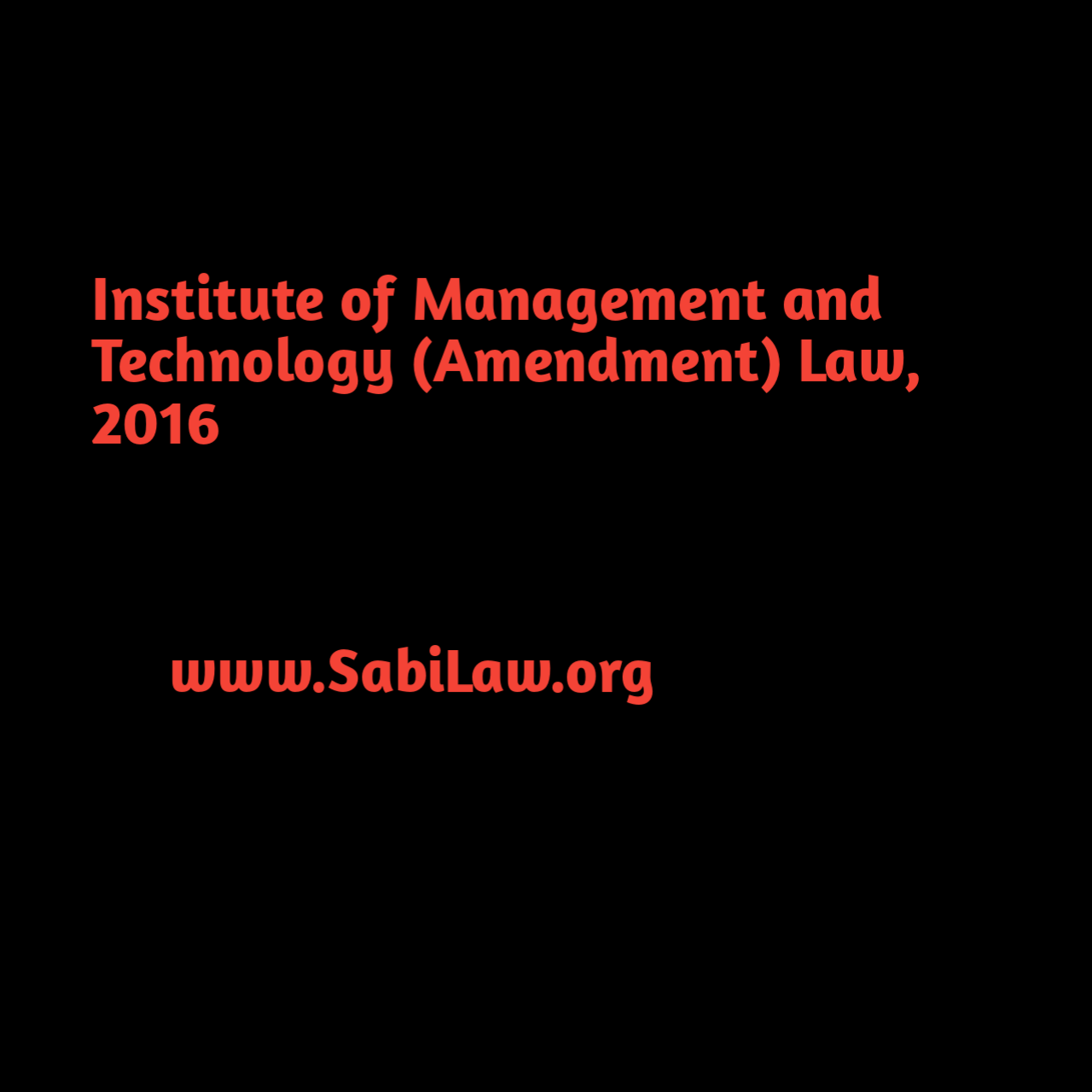


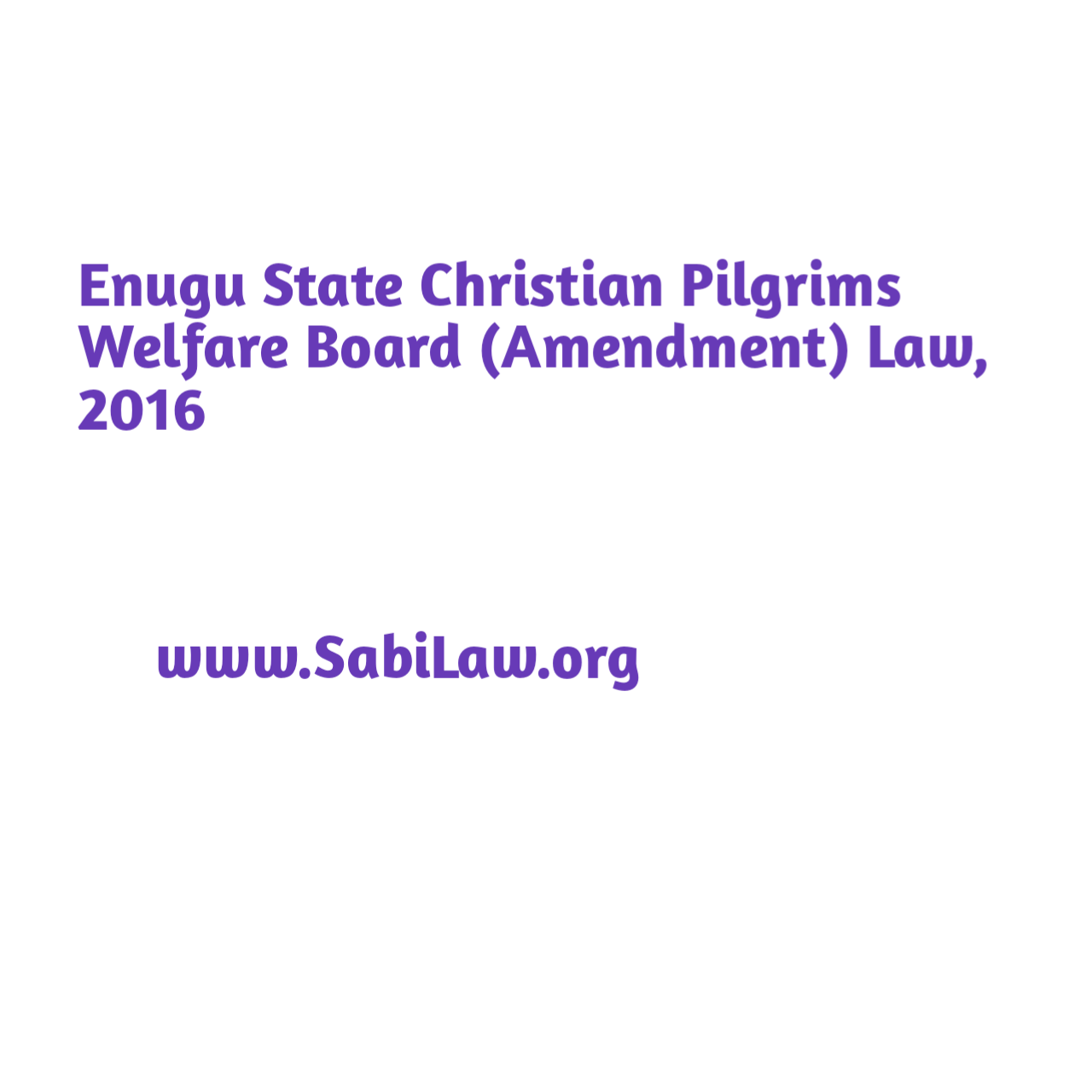
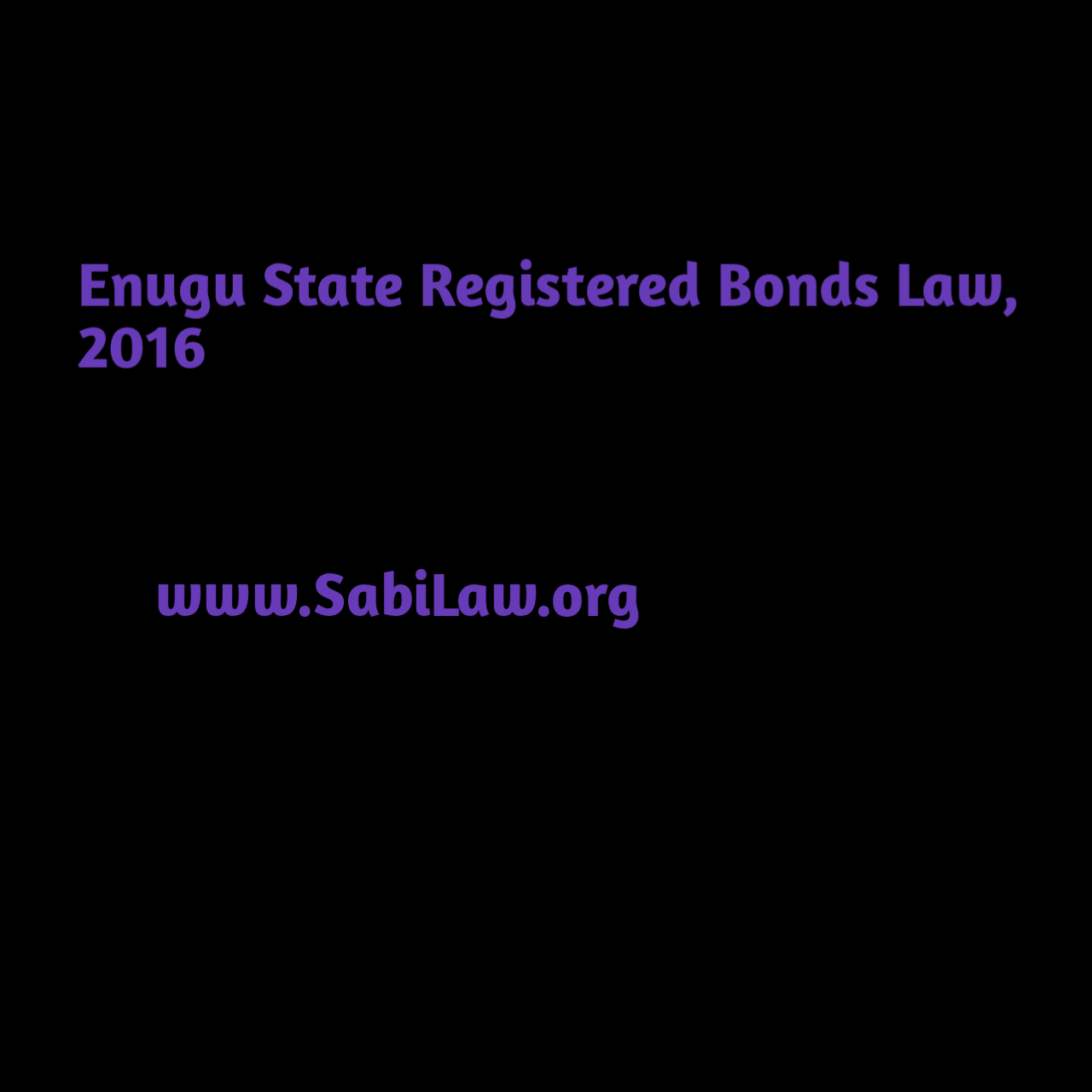
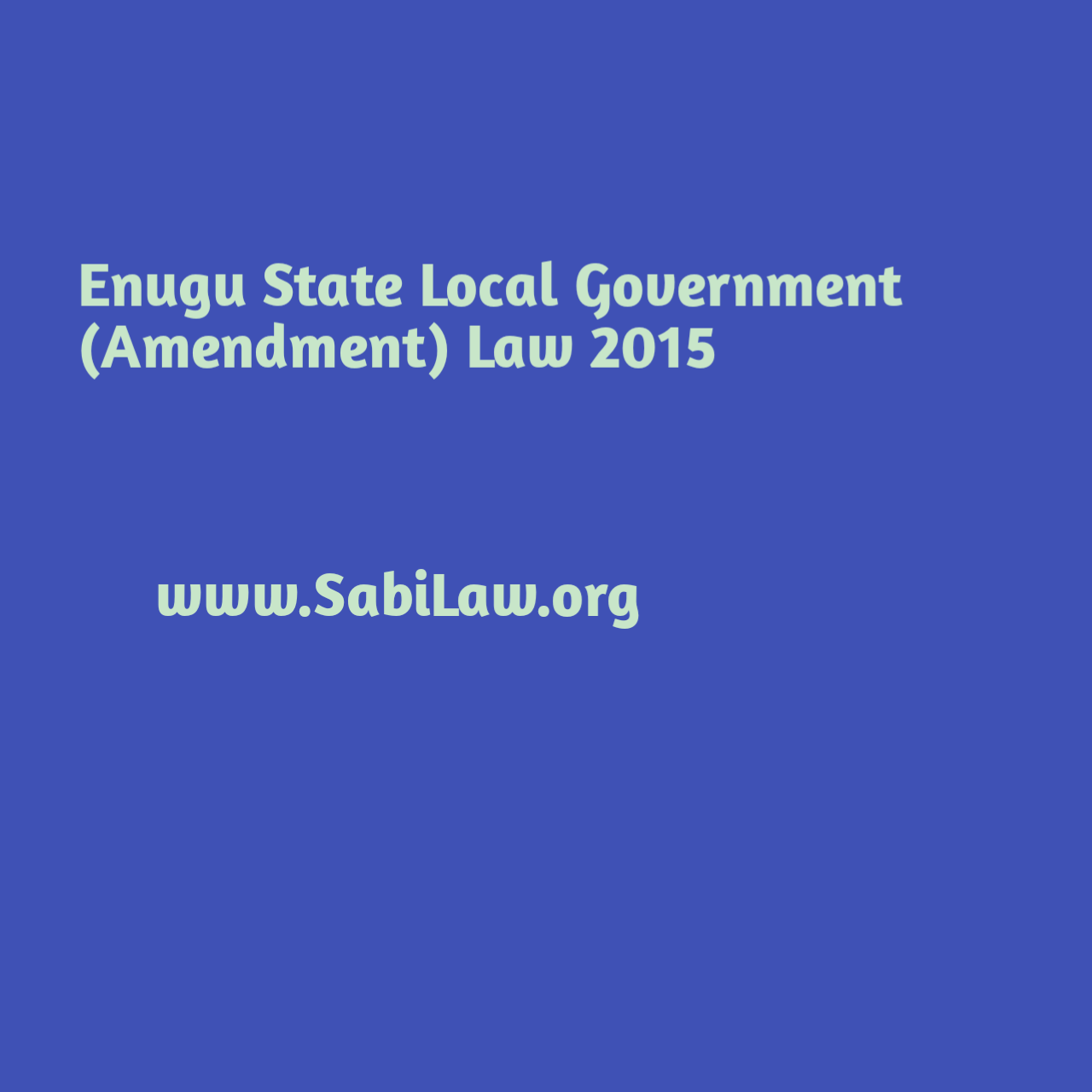
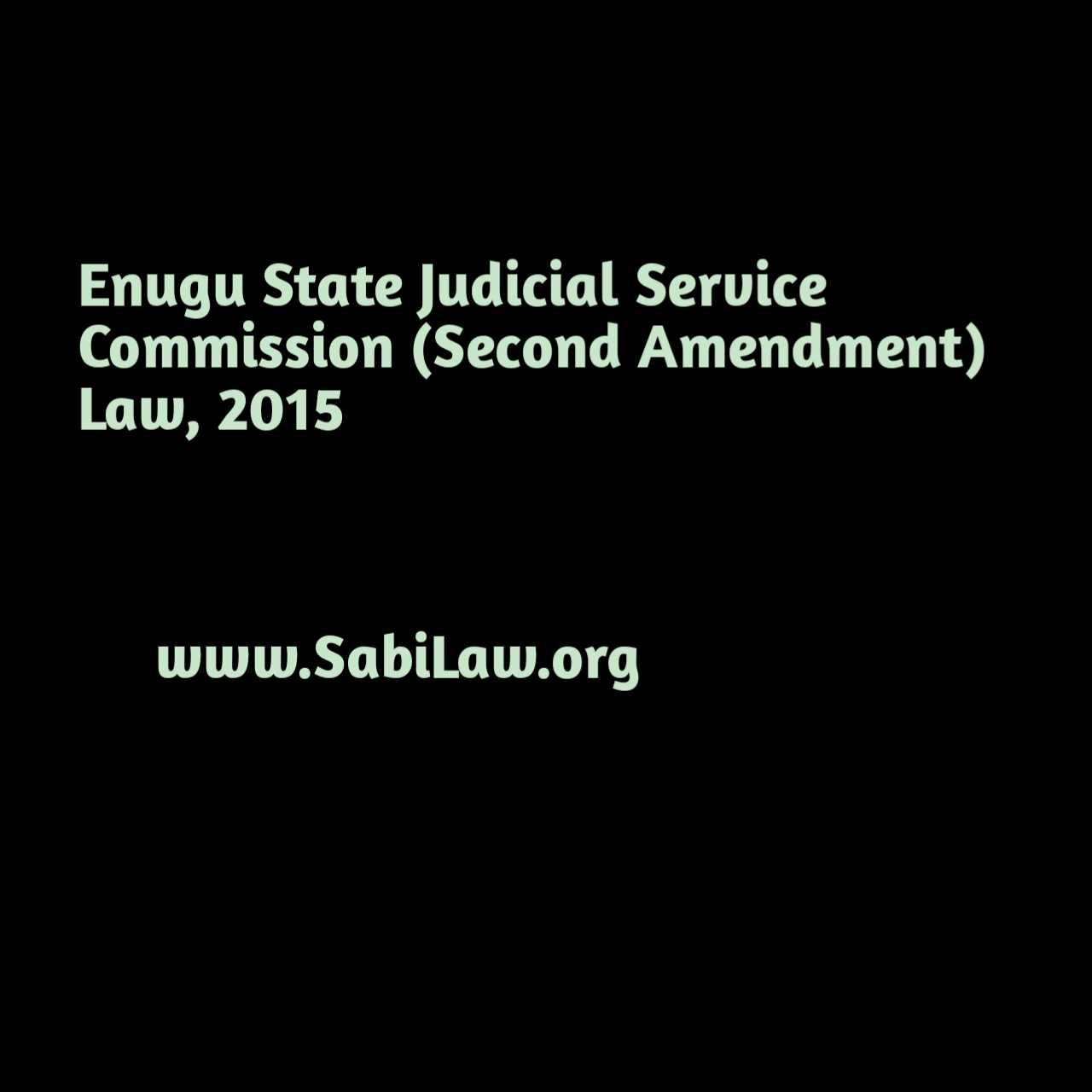
3 Responses
Quite informative and provides a clearer indepth picture as it relates to Report of suspicious financial activities.
Nice write up A. Edward. It is easy to read and engaging.
This was really helpful. Thankyou